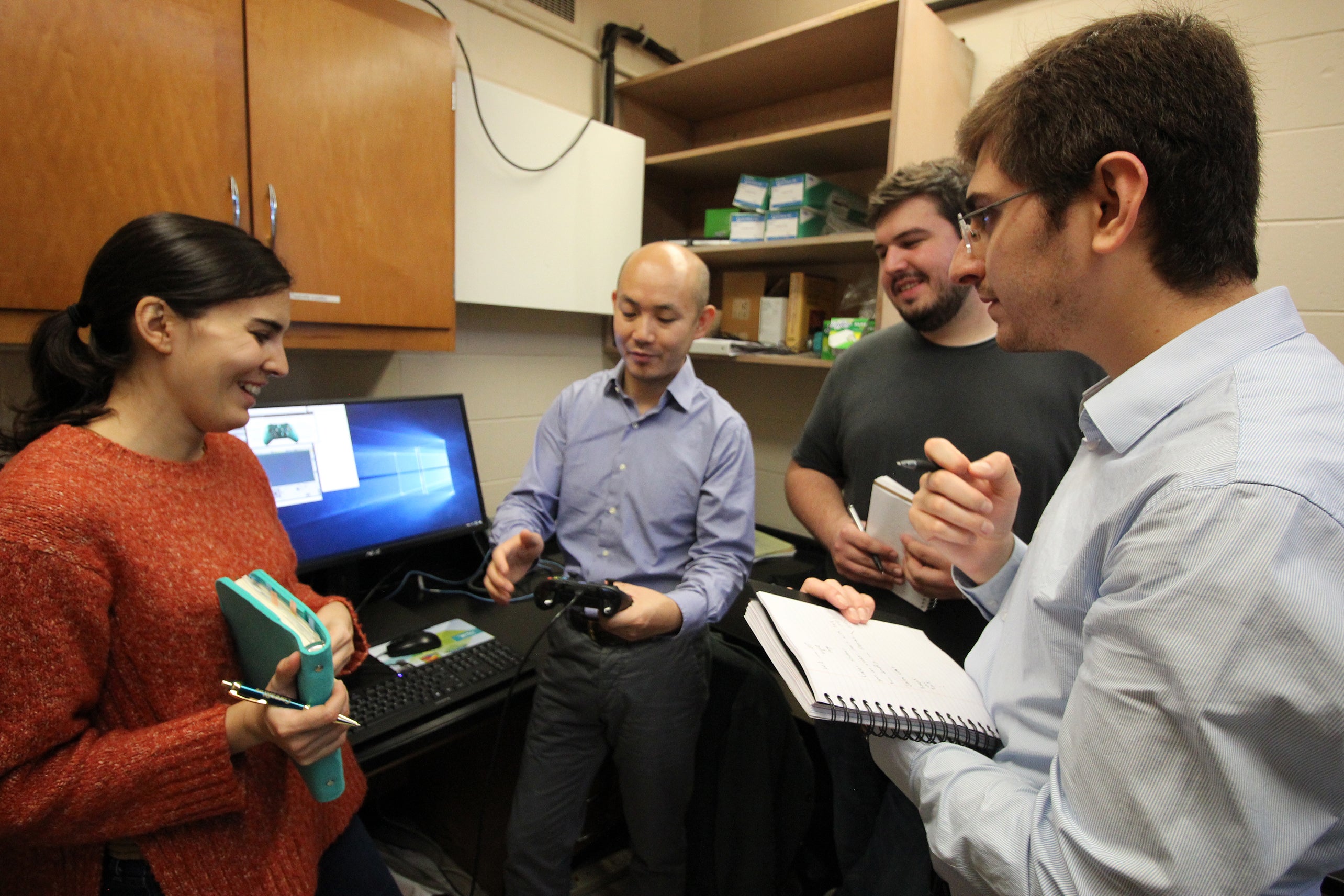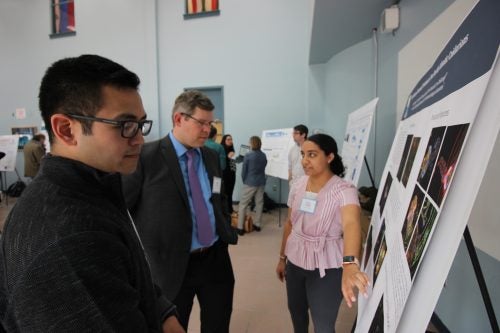
How prepared will you be to enter the workforce after pursuing a degree in science, technology, engineering or math? You can increase your competitive edge by enhancing your time management and supervisory skills, mastering the basics of a successful job interview or become a more effective science communicator.
As part of the Rhode Island Consortium for Coastal Ecology Assessment Innovation and Modeling (RI C-AIM), Metcalf Institute is launching the Career Development Program (CDP). The CDP is specifically designed to provide professional development and mentoring training to early-career researchers. Those C-AIM participants who wish to receive a credential may choose to pursue a customizable certificate in Career Development.
The CDP will commence with a webinar about developing professional goals on July 9, 2019. The webinar will be followed by a two-day summer intensive, July 11-12, 2019, at the University of Rhode Island Narragansett Bay Campus. The two-day training will focus on science communication skills.

Workforce Readiness in Academia and Beyond
Employers in industry, government and non-profit sectors have noted a lack of essential professional skills among science graduates entering the workforce. Unfortunately, this type of training for early-career researchers is rare and inconsistent.
The new Career Development Program will meet that demand by building career-readiness among post-doctoral fellows, graduate students, and senior-level undergraduates at Rhode Island’s eight C-AIM member institutions, URI, Brown University, Roger Williams University, Salve Regina University, Bryant University, Rhode Island School of Design, Rhode Island College and Providence College.
Career Development Certificate
Participants can opt to pursue a Certificate in Career Development focusing on a variety of professional development areas, including science communication, research management and job readiness, through a series of workshops, webinars and online courses, interactive sessions, feedback sessions and conversation circles. Learn more about certificate course selections. For the convenience of busy students, many of the trainings will be offered during one of two annual intensive conferences in January and July.

 RI NSF EPSCoR is supported in part by the U.S. National Science Foundation under EPSCoR Cooperative Agreements #OIA-2433276 and in part by the RI Commerce Corporation via the Science and Technology Advisory Committee [STAC]. Any opinions, findings, conclusions, or recommendations expressed in this material are those of the author(s) and do not necessarily reflect the views of the U.S. National Science Foundation, the RI Commerce Corporation, STAC, our partners or our collaborators.
RI NSF EPSCoR is supported in part by the U.S. National Science Foundation under EPSCoR Cooperative Agreements #OIA-2433276 and in part by the RI Commerce Corporation via the Science and Technology Advisory Committee [STAC]. Any opinions, findings, conclusions, or recommendations expressed in this material are those of the author(s) and do not necessarily reflect the views of the U.S. National Science Foundation, the RI Commerce Corporation, STAC, our partners or our collaborators.